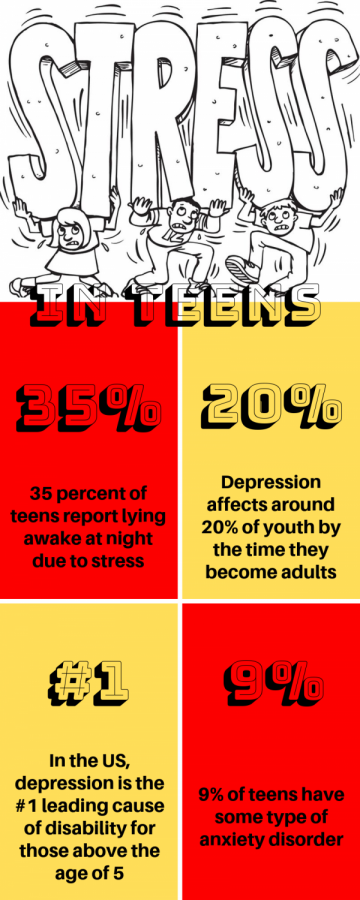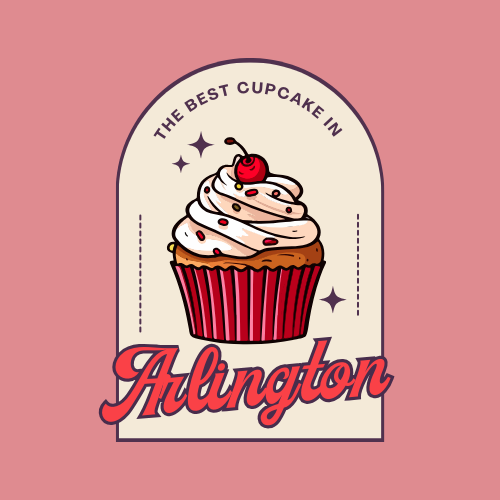The price we pay for a “shining” diploma
To the average student, it seems that there is always the same subconscious voice in their head telling them what will look best on their college resúme. For many, this is how decisions are made. A breakfast-loving student figures that joining that Pancake Club will not help them when it comes time to apply to college, so they assume they had better join an activism club instead. This is not to say that activism is not a good thing, because of course it is. You are giving back to your community for no price. However, if they really have a passion for pancakes and they are what make that person happy, that may be the better path.
Many students have volunteered for something they were not really interested in just to get community service hours, dropped a class they liked because they did not think it will help them get into college, have taken a class they could not stand because they thought colleges would like it. It is arguable that this is the price all students have to pay in order to obtain that “ultimate goal” of getting into a good, if not great, college. Others, though, may question whether it is worth pushing aside their passions in the name of, for some, an Ivy League diploma.
Of course, it is great to participate in the community, whether that be joining clubs at school, taking part in a sport or doing something to give back. However, there needs to be a balance between work and relaxation. It is important to have a life, even if it means not being able to join that one extra charity club.
A survey taken in 2018 by the Pew Research Center revealed that a whopping 70% of teens feel that anxiety and depression is a major problem in their lives, while 26% said it was a minor problem and 4% said not a problem. Since 2009, when anxiety overtook depression as the number one concern among high school students, the number of students experiencing anxiety has steadily increased.
This is no surprise when the average student today is facing much more pressure in applying to college since application numbers continue to rise, and on top of that must deal with much peer ridicule. Especially in the school, if one doesn’t take as many intensified, IB or AP classes as they can, they are looked down upon by others.
There is a culture in Arlington of having to be “the best,” which is usually defined as having the highest grades and grade point averages (GPAs) and being president of the most clubs. The classes a student takes are the equivalent of who they are, no more and no less. If they take full IB, they are destined for greatness and considered an intelligent individual. If they do not… well, they are not. What is worrisome about this is that students begin to lose sight of who they actually are and what they want to be. Many begin to throw their whole lives into their classes to obtain that worshipped “A,” whether that be because they want to get into a specific college, to satisfy their parents or just because of the intense peer pressure.
To have passions and goals and to in-turn take hard classes because of that is one thing, and it is not a bad thing in the slightest. If a student really wants to be a doctor, then maybe the all-AP is the path for you. However, for those who find themselves overwhelmed and unhappy, completely enrolled in classes and participating in clubs that do not have much to do with anything they like, that is when a step back should be taken. These students should ask themselves what they are really working toward, and whether a substantial amount of misery and anxiety is worth it.
This is not to say that students should drop all the classes that they lack an interest in or find difficult. In fact, it is important to take classes that push students and expand their minds. But not all of life is about school and being the “smartest.” It is a good idea to make time for things you love and find an equilibrium.













